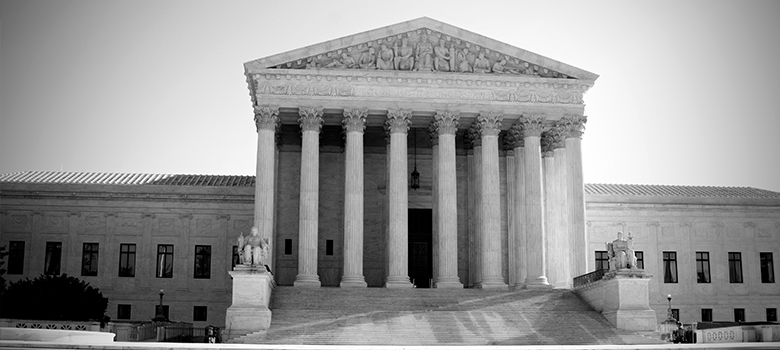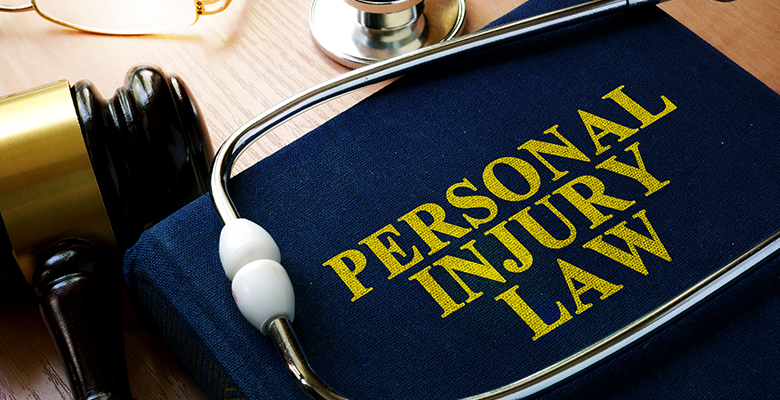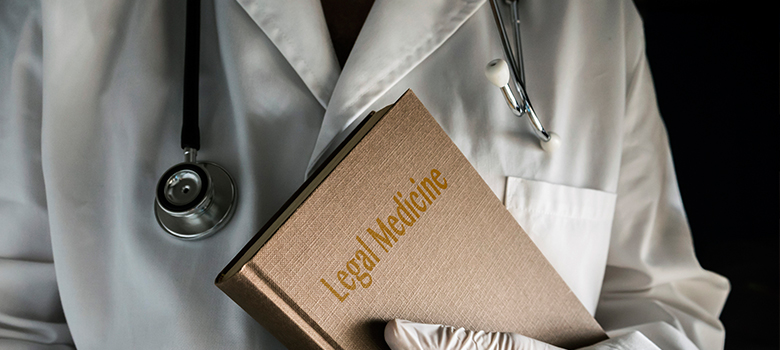If you or a loved one has suffered an injury from an accident where someone else is responsible, you’re likely scared, angry, and maybe even a little confused. It’s important to remember that you have legal rights following an accident or injury. For help navigating the legal system and to help you decide what to do next, consider contacting a personal injury lawyer.
What Is Personal Injury Law?
Injury cases occur when someone suffers harm from an accident that someone else is legally responsible for. Depending on how the person at fault responds, these cases can progress through civil court though they’re often resolved informally before going through any court proceedings.
If an informal settlement is reached, the process generally moves along pretty quickly since the other party is seemingly willing to accept responsibility. A settlement like this usually involves the people actually involved in the accident, their attorneys, and representatives from any insurance agencies involved. There’s a negotiation of terms that results in a written agreement where both parties agree not to pursue any legal action in the future. The injured party usually receives a lump sum of money that both sides agree to.
In a case where a settlement cannot be reached, the next step is filing a formal lawsuit with a personal injury attorney or law firm. This is done in civil court when the plaintiff makes an allegation against a defendant which could be another individual, business, or even government agency. It’s important to note that almost every personal injury lawsuit is settled out of court. They typically only go to trial if the other party doesn’t feel they’re responsible for the accident or if the two parties can’t agree on a settlement amount.
Who Establishes Personal Injury Laws?

Most laws are put into place through a heavily legislative process whether it’s on a federal, state, or local level. What’s different about personal injury law, though, is that it’s not made by legislatures. Most personal injury laws are determined by precedent to determine a body of common laws.
Here’s how it works. When a judge makes a ruling on a personal injury case, that decision becomes precedent for all of the lower courts. Once the lower courts start to put this decision into practice, a body of common law is formed. These laws usually vary from state to state though most courts draw from the same supporting literature to establish case law so there may be some overlap.
That said, there are some situations when personal injury law has been legislated. The best example of this is workers’ compensation law which was once lumped into personal injury but has since been legislated and established as a way for workers injured on the job to get what they deserve from their employers.
What Types of Personal Injury Cases Are There?

Any case that results in harm or injury falls under personal injury. This applies to both physical injuries as well as psychological trauma. Some of the most common personal injury cases include:
- Animal bites, usually involving someone’s pet
- Accidents involving a car, boat, airplane, motorcycle, or bicycle
- Injuries sustained from using defective products
- Slip and fall accidents
- Medical malpractice including nursing home abuse
- Intentional acts, such as assault and battery
- Defamation
What about the Statute of Limitations?

The statute of limitations is the time limit for how long someone has to file a lawsuit. It’s different in every state but typically falls anywhere from 1 to 6 years. This is a very strict deadline and if you do attempt to file a lawsuit after it passes, it will most likely be dismissed. The clock starts ticking the day that the injury occurs so it’s helpful to get the process started as soon as you can.
One exception to this is the Discovery Rule. This applies when the person who is injured doesn’t initially know about the injury or that someone else was to blame for it. Some examples of when this would apply are asbestos exposure that results in lung problems decades later or injuries from an incorrectly performed surgical procedure showing up years later.
How Can a Personal Injury Lawyer Help?

One really important thing to keep in mind about personal injury lawyers is that they typically specialize in a certain niche. For example, they might only represent people in automobile accidents or medical malpractice. This is extremely beneficial for their clients because it means they’ve seen a lot of things and have a lot of experience to draw from.
When you contact a personal injury lawyer, the first thing they will do is investigate your claim and determine whether or not your case has merit. They’ll gather evidence, research applicable case law, file discovery requests, and interview witnesses to prepare for a trail, even though most cases don’t actually proceed that far.
Before a trial or settlement, a personal injury lawyer will advocate for their client by helping them through the process and making sure they get through any obstacles preventing them from getting what they’re entitled to.
Often, personal injury lawyers will represent clients on a contingency basis. That means that they get a portion of the compensation that the client receives once the case is resolved. This is good for the client because it means the attorney doesn’t get paid unless they win the case. The downside, though, is that personal injury lawyers are very particular about the cases they take on.
[Related: Top 7 Reasons Why Lawyers Won’t Take Your Case]Don’t Go It Alone
If you’ve suffered an injury or had an accident that isn’t your fault, you might be entitled to a settlement that could help with medical bills or cover any time lost from work. The best way to proceed is by contacting a personal injury lawyer who specializes in cases related to the kind of injury you’ve sustained.
As we said, most of these cases are settled out of court but you’ll still need a good attorney to help you through the process to make sure you get exactly what you deserve for your pain and suffering.
Also read: How to Choose a Personal Injury Attorney



